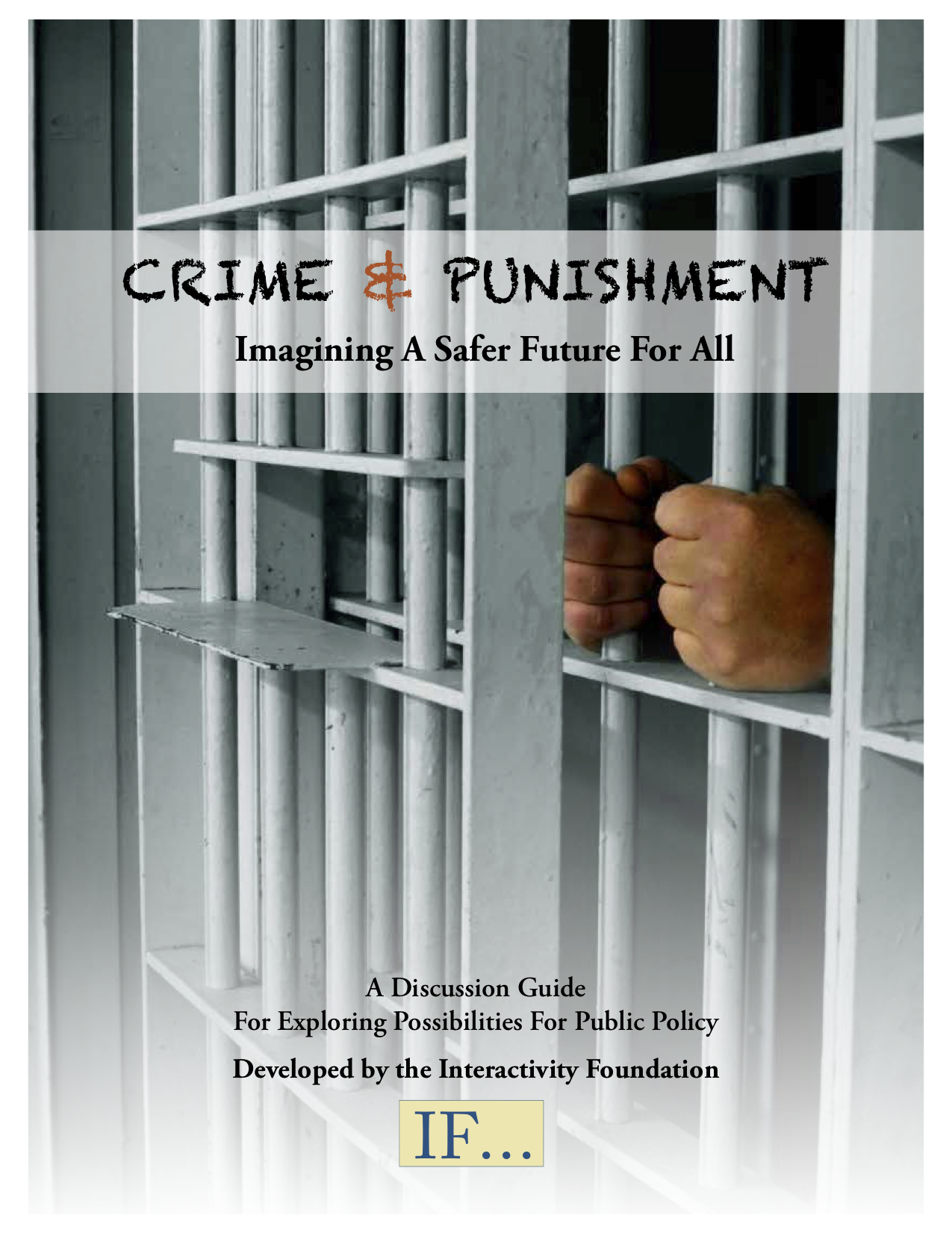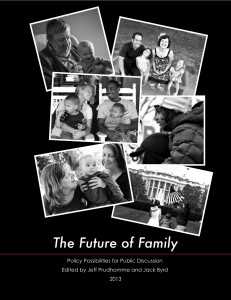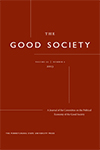Now that free market dogma has become the dominant narrative about value – and yet that narrative is neither credible nor readily displaced -- we are descending deeper and deeper into a legitimacy crisis. There is no shared moral justification for the power of markets and civil institutions in our lives. Since the 2008 financial crisis, the idea of “rational markets” has become something of a joke. There are too many external forces propping up markets – government subsidies, legal privileges, oligopoly power, etc. – to believe the textbook explanations of “free markets.”
This is a serious quandary. We’re stuck with a threadbare story that few people really believe -- the “magic of the marketplace” advancing human progress and opportunity – and yet it is simply too useful for elites to abandon. How else can they justify their entitlements? These are among the themes explored in an astute new book, The Ethical Economy: Rebuilding Value After the Crisis (Columbia University Press, 2013), by sociologist Adam Arvidsson and entrepreneur/scholar Nicolai Peitersen. 
The implicit “social contract” that people have with the reigning institutions of society is coming apart. As the authors note: “Three decades of neoliberal policies have separated the market from larger social concerns and relegated the latter to the private sphere, creating a situation where there is no society, only individuals and their families, as Margaret Thatcher famously put it, and no values, only prices.” Meanwhile, the catastrophic ecological harm being caused by relentless consumerism and economic growth is becoming all too clear, especially as climate change inexorably worsens.
Our “value crisis” is tenacious, say Arvidsson and Peitersen, because we have “no common language by means of which value conflicts can be settled, or even articulated.” Few people believe in “free markets” and government as benign, mostly responsible influences any more; there is simply too much evidence to the contrary. And who believes that the Market/State as constituted can solve the many cataclysms on the horizon?
Arvidsson & Peitersen’s ambitious goal is to outline a scenario by which we might come to accept a new, more socially credible justification for socially responsive production and governance. They want to imagine a “new rationality” that could explain and justify a fair, productive economics and civil polity. A tall order!
While I don’t agree with all of their arguments, they do make a penetrating critique of the problems caused by neoliberalism and offer some useful new concepts for understanding how we might imagine a new order. The Ethical Economy provides a bracing, sophisticated look at these issues.

 Granicus
Granicus The five policy possibilities are:
The five policy possibilities are: Edited by IF Fellow Jeff Prudhomme and the Interactivity Foundation’s president Jack Byrd, Jr., this guidebook asks readers to consider how public policy might respond to these concerns. It invites readers to explore and discuss what values or moral considerations shape these policies? What are the rights and responsibilities in regard to the family that public policy should take into account? How should we approach the relationship between political power and the family? What are other moral, legal, or political concerns that our family policies might need to address?
Edited by IF Fellow Jeff Prudhomme and the Interactivity Foundation’s president Jack Byrd, Jr., this guidebook asks readers to consider how public policy might respond to these concerns. It invites readers to explore and discuss what values or moral considerations shape these policies? What are the rights and responsibilities in regard to the family that public policy should take into account? How should we approach the relationship between political power and the family? What are other moral, legal, or political concerns that our family policies might need to address? It looks like I’ll be co-teaching a course on violence with Daniel Levine in the spring, and I have some questions:
It looks like I’ll be co-teaching a course on violence with Daniel Levine in the spring, and I have some questions:
